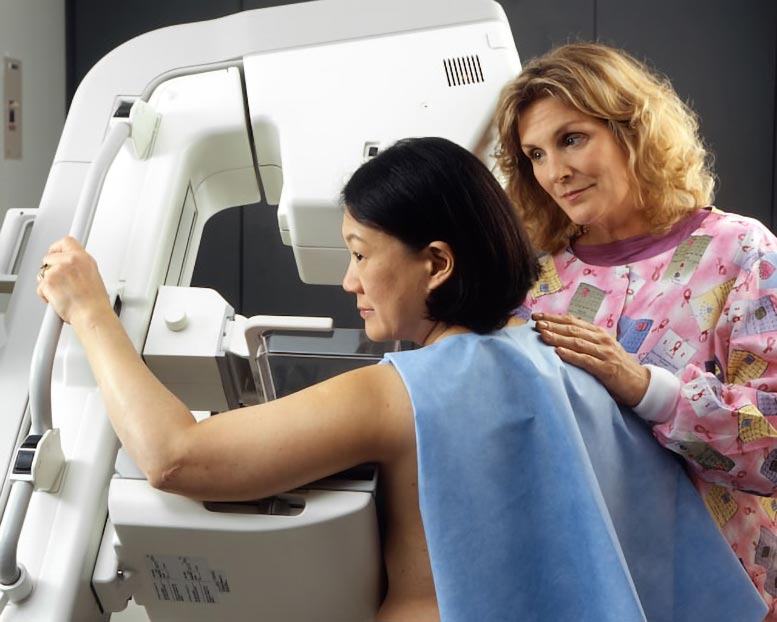
In a study conducted at São Paulo State University involving 80 women over the age of 45, low-dose vitamin D supplementation nearly doubled the rate of treatment response.
A study conducted at the Botucatu School of Medicine at São Paulo State University (FMB-UNESP) in Brazil found that low-dose vitamin D supplementation can improve the effectiveness of chemotherapy in women with breast cancer. The findings suggest that vitamin D may serve as an alternative to other drugs designed to boost chemotherapy response, especially those that are difficult to access.
The research, supported by FAPESP, included 80 women over the age of 45 who were preparing to begin treatment at the oncology outpatient clinic of the general and teaching hospital (“Hospital das Clínicas”) at FMB-UNESP. The women were divided into two groups: one group of 40 received 2,000 IU (international units) of vitamin D daily, while the other 40 received placebo tablets.
After six months of cancer treatment and supplementation, 43% of the women taking vitamin D saw their tumors disappear following chemotherapy, compared to 24% in the placebo group. All participants underwent neoadjuvant chemotherapy, a treatment used to shrink tumors before surgery.
“Even with a small sample of participants, it was possible to observe a significant difference in the response to chemotherapy. In addition, the dosage used in the research [2,000 IU per day] is far below the target dose for correcting vitamin D deficiency, which is usually 50,000 IU per week,” says Eduardo Carvalho-Pessoa, president of the São Paulo Regional Brazilian Society of Mastology and one of the authors of the article published in the journal Nutrition and Cancer.
Immunity
Vitamin D is a hormone that helps the body absorb calcium and phosphorus, both of which are essential for maintaining healthy bones. Recent research has also shown that vitamin D supports the immune system and helps fight infections and diseases, including cancer. However, most studies that have explored the connection between vitamin D and cancer have used high doses of the supplement.
This hormone is obtained primarily through exposure to sunlight and food. The recommended daily intake is 600 IU for those who are not deficient in the vitamin, and 800 IU a day for older people. The American Academy of Pediatrics recommends 400 IU of vitamin D per day for babies. It is important to note that too much can be toxic and cause vomiting, weakness, bone pain, and kidney stones.

Most of the participants in the study had low levels of vitamin D, defined as less than 20 nanograms per milliliter (ng/mL) of blood. The Brazilian Society of Rheumatology recommends levels between 40 and 70 ng/mL. “With supplementation, levels increased throughout chemotherapy treatment, which reinforces a possible contribution to the patients’ recovery,” Carvalho-Pessoa told Agência FAPESP. “Vitamin D is an accessible and inexpensive option compared to other drugs used to improve the response to chemotherapy, some of which are not even included in the list of the Unified Health System [the Brazilian national public health network, known as the SUS, its acronym in Portuguese],” he adds.
For the researcher, the findings pave the way for further investigation into the auxiliary role of the substance in the response to cancer treatment.
“These are encouraging results that justify a new round of studies with a larger number of participants. This will allow a greater understanding of the role of vitamin D in increasing the response to chemotherapy treatment and, consequently, in the greater likelihood of breast cancer remission,” he concludes.
Reference: “Vitamin D Supplementation Improves Pathological Complete Response in Breast Cancer Patients Undergoing Neoadjuvant Chemotherapy: A Randomized Clinical Trial” by Michelle Sako Omodei, Jackeline Chimicoviaki, Daniel Araujo Brito Buttros, Benedito Souza Almeida-Filho, Carla Priscila Carvalho-Pessoa, Eduardo Carvalho-Pessoa, Heloisa De Luca Vespoli and Eliana Aguiar Petri Nahas, 17 March 2025, Nutrition and Cancer.
DOI: 10.1080/01635581.2025.2480854
Funding: Fundação de Amparo à Pesquisa do Estado de São Paulo
Never miss a breakthrough: Join the SciTechDaily newsletter.